Coffee products of Bon Phuong Ecological Agricultural Cooperative, Huong Hoa district are loved by customers - Photo: TT
One of the typical models is Truong Son Medicinal Herbs Cooperative located in Cam Thanh Industrial Park, Cam Lo District. This cooperative is gradually affirming its position in the market with an increasingly rich and diverse product portfolio. Products such as essential oils produced from medicinal herbs such as lemongrass, cajuput, eucalyptus, soapberry shampoo, herbal soap, massage oil, herbal foot bath salt are widely sold in the market inside and outside the province.
Currently, the Cooperative has 4 products certified by OCOP at the provincial level, including 1 4-star OCOP product, Moc May shampoo. Notably, in 2024, Truong Son Medicinal Herbs Cooperative was honored to receive the Mai An Tiem award honoring 100 cooperatives with typical products out of 33,000 cooperatives nationwide.
Sharing about the development process, Director of Truong Son Medicinal Materials Cooperative Le Thanh Hue said that the unit has received practical support and companionship from all levels and sectors. In particular, for the 2024 industrial promotion program, the Cooperative has been supported with 70 million VND to build labels for typical rural industrial products such as: cajeput essential oil, massage oil, Moc May shampoo, Moc May shampoo balm, contributing significantly to product completion and enhancing brand value.
In the period of 2021-2025, the whole province has 8 cooperatives in the industrial - handicraft sector focusing on mineral exploitation, forestry and seafood processing and handicraft production, agricultural and medicinal products processing... Many cooperatives have proven their operational efficiency, creating valuable products such as Tien Phat Seafood Processing and Service Cooperative, Nhu Le Construction Materials Production and Mining Cooperative, Dinh Son Medicinal Herbs Cooperative...
In the period of 2021-2025, the Department of Industry and Trade proactively implemented many support activities, using capital sources for industrial promotion and trade promotion from the central and local levels. These activities focus on voting, honoring products, supporting technology transfer, and applying advanced technical equipment to production for a number of typical cooperatives such as: Hung Anh Agricultural Service Cooperative, Truong Son Medicinal Materials Cooperative, Dong Trieu Clean Agriculture Cooperative...
In addition, creating conditions for cooperatives and cooperative groups to participate in exhibitions, connecting supply and demand for products in and outside the province as well as bringing products to retail chains and supermarkets such as Co.opmart has brought positive signals. The total support budget in this period reached 1,104 billion VND, contributing to improving management capacity, innovating equipment, applying technology, supporting label registration and expanding the market for collective economic units.
Mr. Nguyen Duy Phuong, Director of Bon Phuong Ecological Agriculture Cooperative, Huong Hoa District, shared: “In 2025, the Cooperative will receive 145 million VND in support to invest in advanced machinery and equipment, such as high-efficiency furnaces, for processing green coffee. This is practical support from the industrial promotion program to help the Cooperative have more resources to improve production efficiency.”
Timely and effective support from authorities at all levels, through industrial promotion and trade promotion programs, has created an important driving force for cooperatives, craft villages, and cooperative groups operating in the industrial and handicraft sectors to improve management capacity, innovate equipment, apply new technologies to production, support vocational training, register labels and trademarks for products, promote trade, search for markets, and connect supply and demand for product consumption.
Despite remarkable efforts, the development of cooperatives in the industrial and commercial sectors still faces many challenges. The small number of cooperatives shows that the interest and participation of people and businesses in the collective economic model in this sector is not high.
There are many reasons, including inadequate awareness of the role and benefits of cooperatives, difficulties in accessing capital, technology, markets, as well as limitations in the management and operation capacity of cooperatives. One of the biggest obstacles is that the cooperative management model under the 2012 Cooperative Law, although improved, still shows limitations, especially in the salary, insurance and personnel regimes. This inadequacy makes it difficult for cooperatives to attract and retain competent personnel with management qualifications appropriate to actual requirements.
In addition, the overlap in management between industrial and handicraft cooperatives and agricultural cooperatives causes a lot of confusion in organizing and implementing support activities. The lack of specific distinction makes policies and solutions sometimes not suitable for the characteristics of each type of cooperative.
Notably, the work of surveying, evaluating and building joint venture and association models in production, preservation, processing and consumption of products is still slow and not very effective. This is a key factor to increase product value, expand the market and enhance competitiveness for cooperatives.
There is still a fear among some cooperative officials and local authorities in converting the market exploitation and management model to a cooperative model or cooperative service and business points. This misses the opportunity to promote the role of the collective economy in managing and developing traditional markets.
Deputy Director of the Department of Industry and Trade Le Thanh Hieu said that in order to promote the development of collective economy in the fields of industry and trade, the department will continue to coordinate with the Cooperative Union and departments, branches and localities to strengthen propaganda and raise awareness of the role and benefits of cooperatives, especially in the fields of industrial production and trade.
At the same time, continue to support newly established cooperatives with development potential, improve management and operation capacity, access to capital, science and technology, improve production capacity, promote trade promotion, expand product consumption markets and build sustainable value chains.
The synchronous implementation of these solutions is expected to create a strong change in the development of the province's industrial and commercial economic sectors, contributing to improving competitiveness, creating jobs and increasing income for people, while contributing to the sustainable development of the local economy.
Thanh Truc
Source: https://baoquangtri.vn/uu-tien-nguon-luc-phat-trien-kinh-te-tap-the-trong-linh-vuc-cong-nghiep-thuong-mai-193943.htm


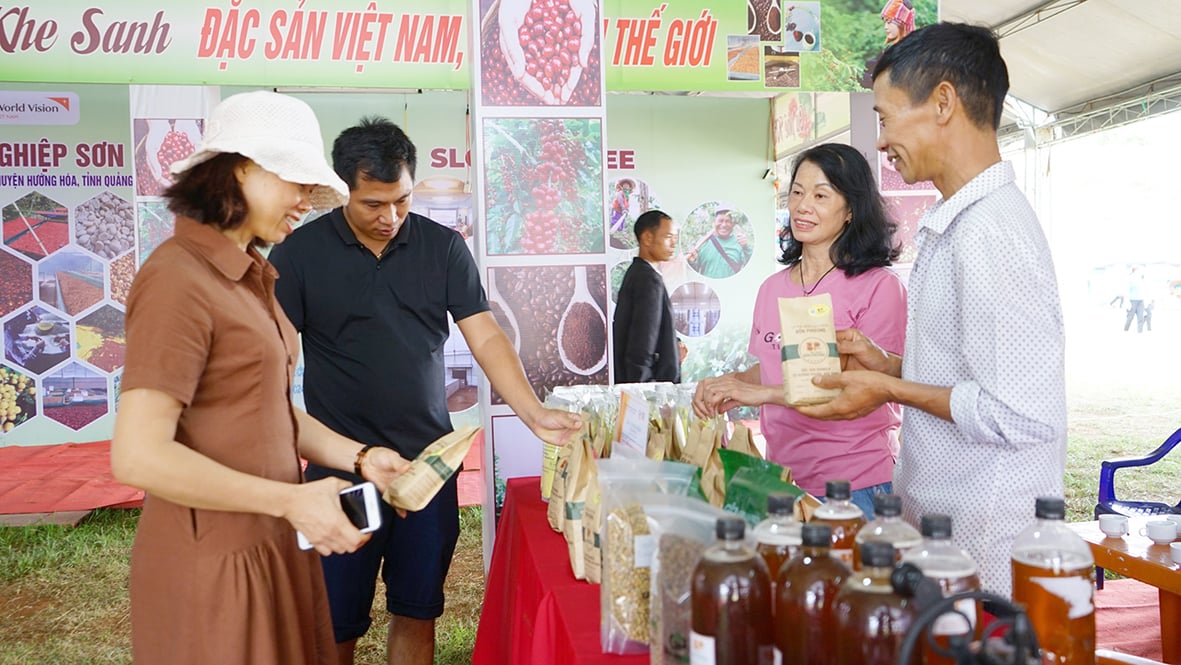



![[Photo] Prime Minister Pham Minh Chinh meets with Hungarian President Sulyok Tamas](https://vphoto.vietnam.vn/thumb/1200x675/vietnam/resource/IMAGE/2025/5/29/dbcaa73e92ea4448a03fe1d0de6d68e8)

![[Photo] Vietnamese and Hungarian leaders attend the opening of the exhibition by photographer Bozoky Dezso](https://vphoto.vietnam.vn/thumb/1200x675/vietnam/resource/IMAGE/2025/5/29/94d8ceca5db14af3bf31285551ae4bb3)
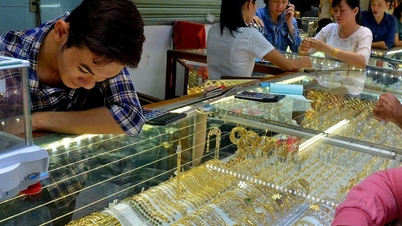









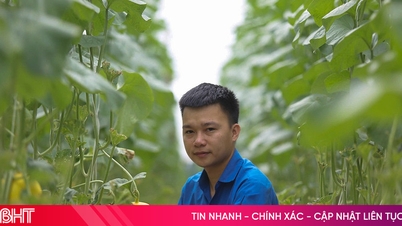





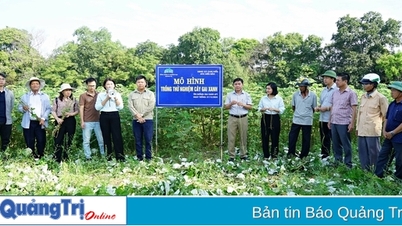

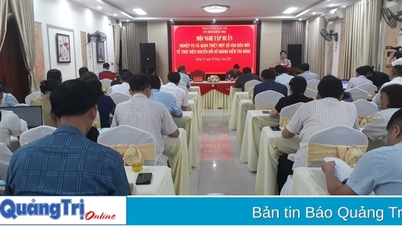


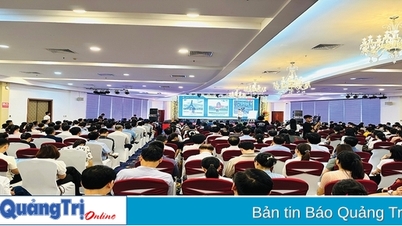










































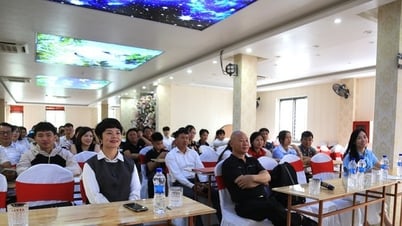





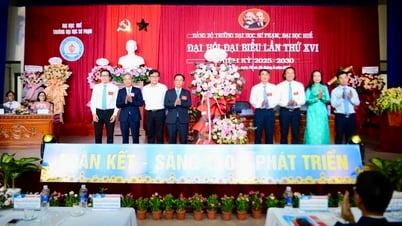












Comment (0)